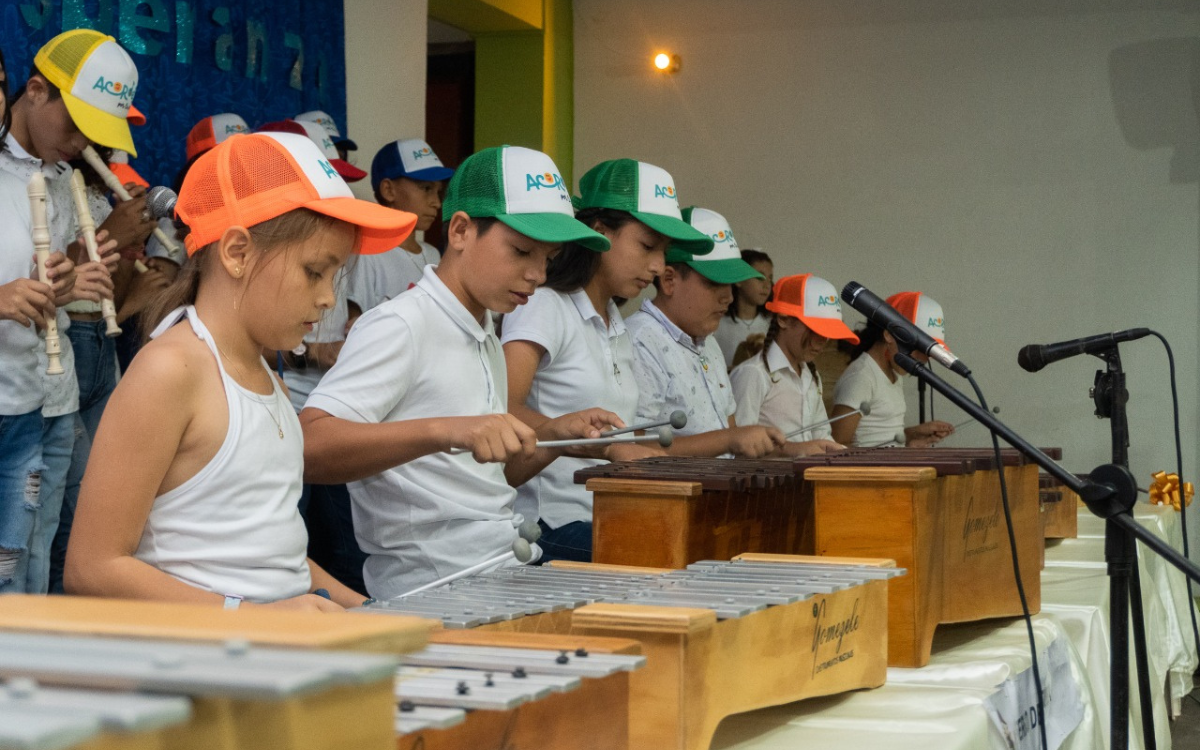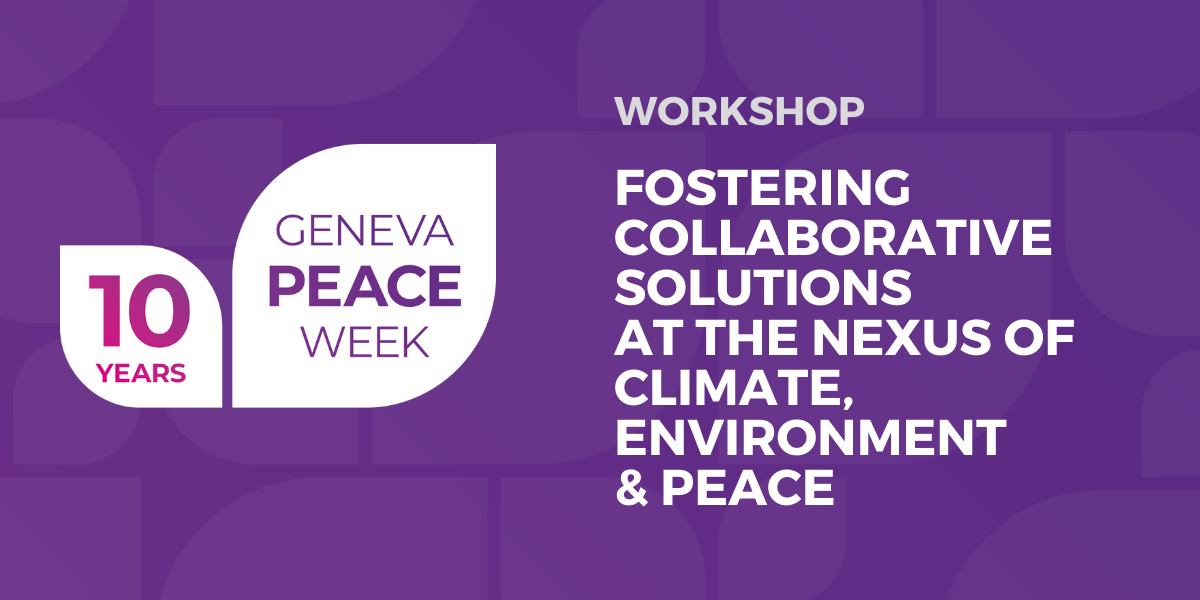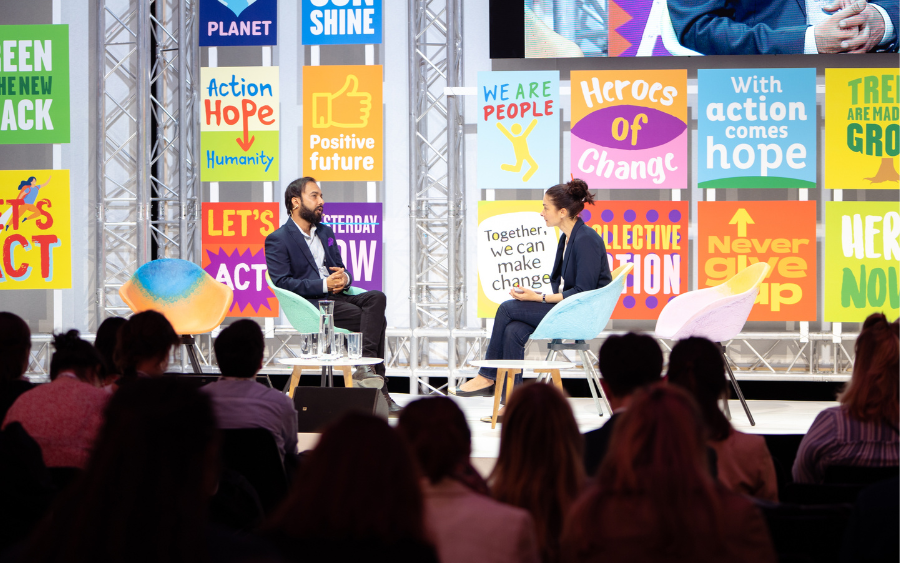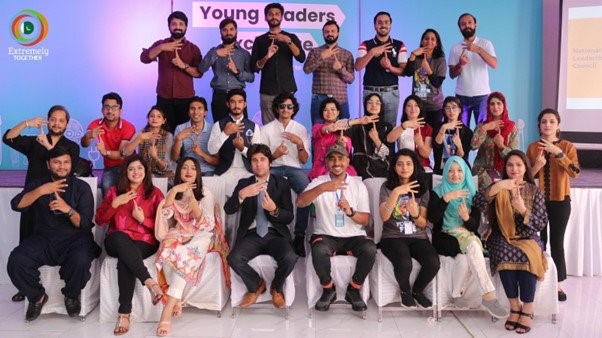Does Equality in Peace Matter? An Examination of the Role of Inequality in Peacebuilding
In the foreword of the report ‘Challenging the Conventional: Making Post-Violence Reconciliation Succeed,‘ Kofi Annan writes; “Ending violence and sustaining peace is a major challenge of our time. In this endeavour, reconciliation is an essential tool. Reconciliation is both retrospective and proactive: it addresses the causes and consequences of conflict and prevents its recurrence. Given that 50 per cent of post-war countries lapse back into conflict in the first decade after the end of the fighting, the preventative dimension of reconciliation is of utmost importance. However, there is a lack of understanding of what actually works in advancing reconciliation even though reconciliation is an element in almost all peace agreements.
“There is a lack of understanding of what actually works in advancing reconciliation even though reconciliation is an element in almost all peace agreements.” – Kofi Annan
An Examination of the Role of Inequality in Peacebuilding
To delve further into the topic of peacebuilding, the Kofi Annan Foundation, led by Head of Programmes Maud Roure, and Interpeace came together to host a report lab as part of European Development Days in June 2019. The lab presented the report findings and case studies in addition to hosting an audience discussion and live vote about the issue of inequality in peacebuilding.
Participants were invited to analyse reconciliation processes and discuss how unequal access to peacebuilding processes by minority groups, women and youth undermines sustainable peace. The session drew on cases from around the world, including Northern Ireland, South Africa, the Democratic Republic of the Congo and Guatemala.
The audience also heard from key speakers:
- Ambassador Lehtinen, who introduced the session and shared Finland’s perspective on the topic.
- Susanna Moorehead, who spoke about the issues of inequality across the humanitarian-development-peace nexus.
- Daniel Hyslop, Director of Learning and Policy at Interpeace, who framed inequality in peacebuilding.
- Hajer Sharief, Extremely Together Young Leader and founder of ‘Together We Build It.’ Hajer spoke about the relevance of women and youth participating in peace negotiations using examples from her advocacy campaigns in Libya.
- Antje Herrbery, Senior Mediation Advisor for the European External Action Service (EEAS) shared thoughts about equality in peace processes from a policy and donor perspective.
Gallery
Find out more about our Transitions to Peace work area
Discover our achievements in 2018 >



